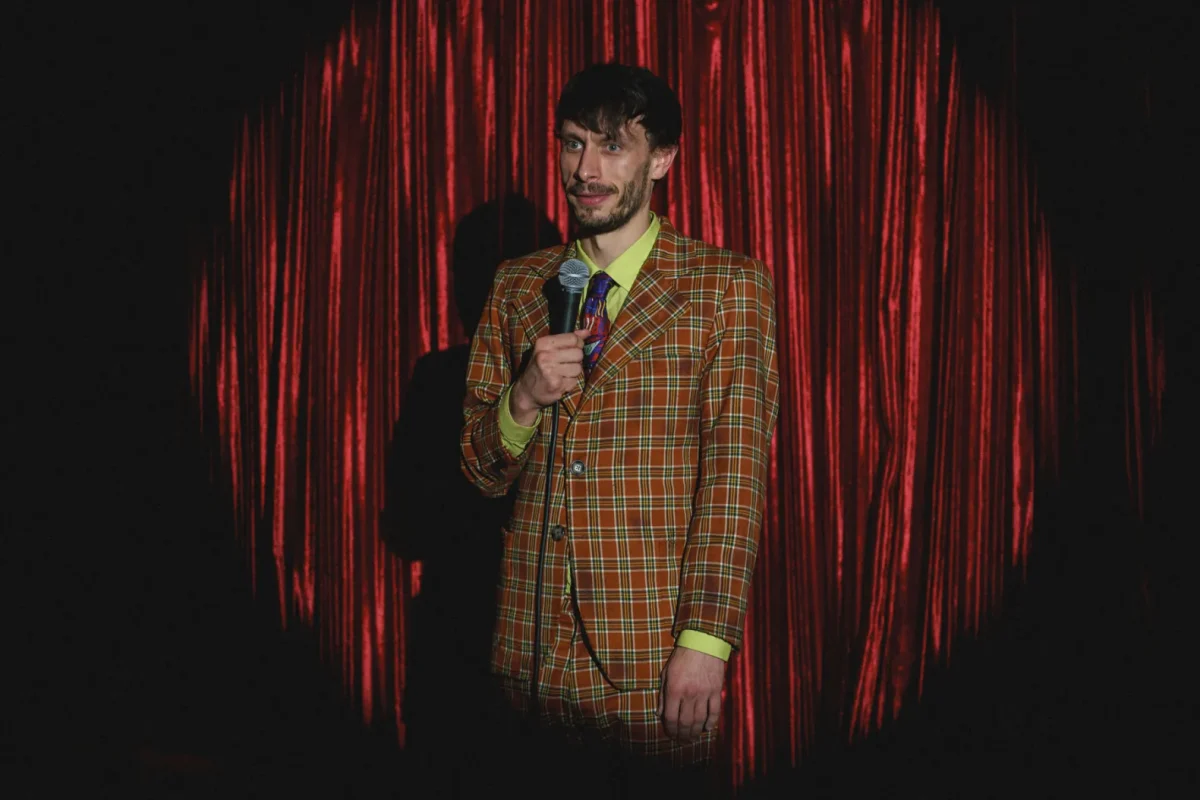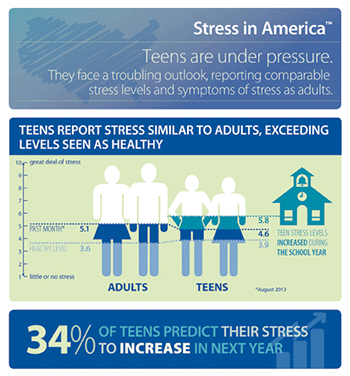The Butterfly Effect is the idea that any small or trivial events can lead to even bigger consequences. The name for this idea was decided by Edward Lorenz in 1960, he was a Meteorology professor at MIT (Massachusetts Institute of Technology). He was studying weather patterns when he discovered the effect. The Butterfly Effect is confusing to understand at first but, many movies have been made based on this effect. Like for instance, in the movie “The Butterfly Effect” the main character Evan Treborn has a medical issue with blackouts, making him forget parts of his life up until his adult life remembers the horrible things that happened to him and his friends. He goes back in time to fix his life and his friend Kayleigh’s life. With every change he makes throughout his time travel, it affects his present life in many drastic ways. Another example of this Effect contains the idea that if a butterfly in India flaps its wings, the small change in air pressure could cause a tornado in Iowa.
America and France were the two first places to have scientists look into this effect. They looked at Lorenz’s work ethic, his idea of thinking, and the concept of instability that the “earth’s atmosphere onto a quantitative base and linked the concept of instability to the properties of large classes of dynamic systems which are undergoing nonlinear dynamics and deterministic chaos.” Scientists even tried to look into Lorenz’s theories even more. Being completely fascinated with the ideas Edward gave.
Edward Lorenz did many tests to discover the Butterfly Effect, which led to him discovering the Choas Effect first. The two are very similar, the Choas Effect was the opposite of the Butterfly Effect. Nothing could be avoided, delayed, or controlled with the Choas Effect. Examples include turbulence, weather, the stock market, and etcetera. While the two effects are significantly different. The Butterfly Effect says you can affect the big picture by the small things you do. The Choas Effect says differently, it explains that you cannot control what happens in the big picture, it just happens. Many people seem to get the two very confused.
While some are confusing the two, others are not believing in the effects. Some think that they aren’t a scientific fallacy but more of a logical fallacy. Which gives humans the unease of thinking along the effects ideas. Others fully believe in the Butterfly Effect more than the Choas Effect. The saying “actions have consequences” but the debate about if the effects are true or not is still a topic of talk.








